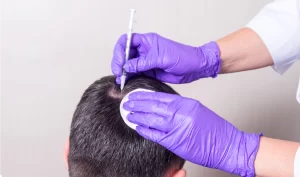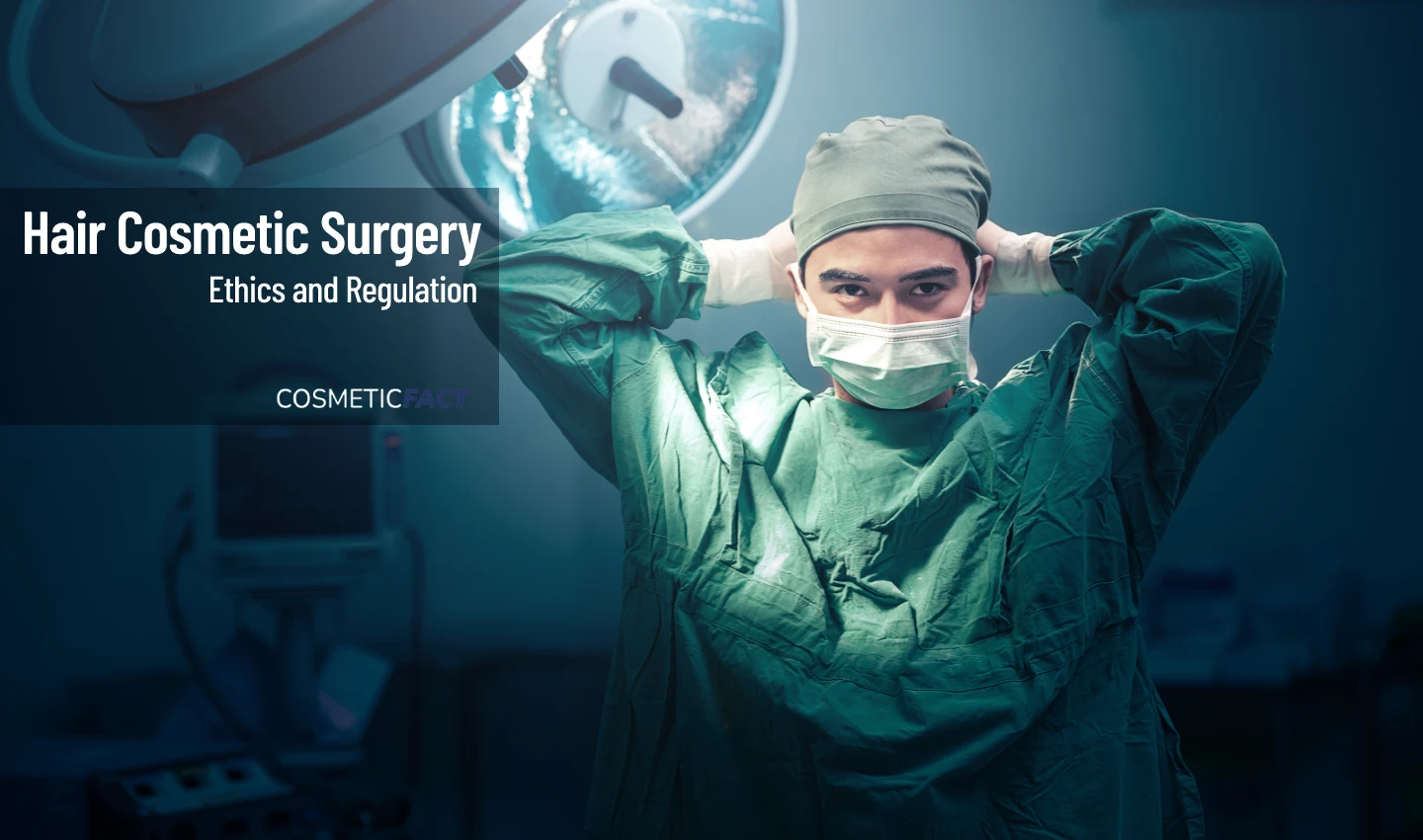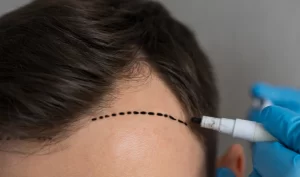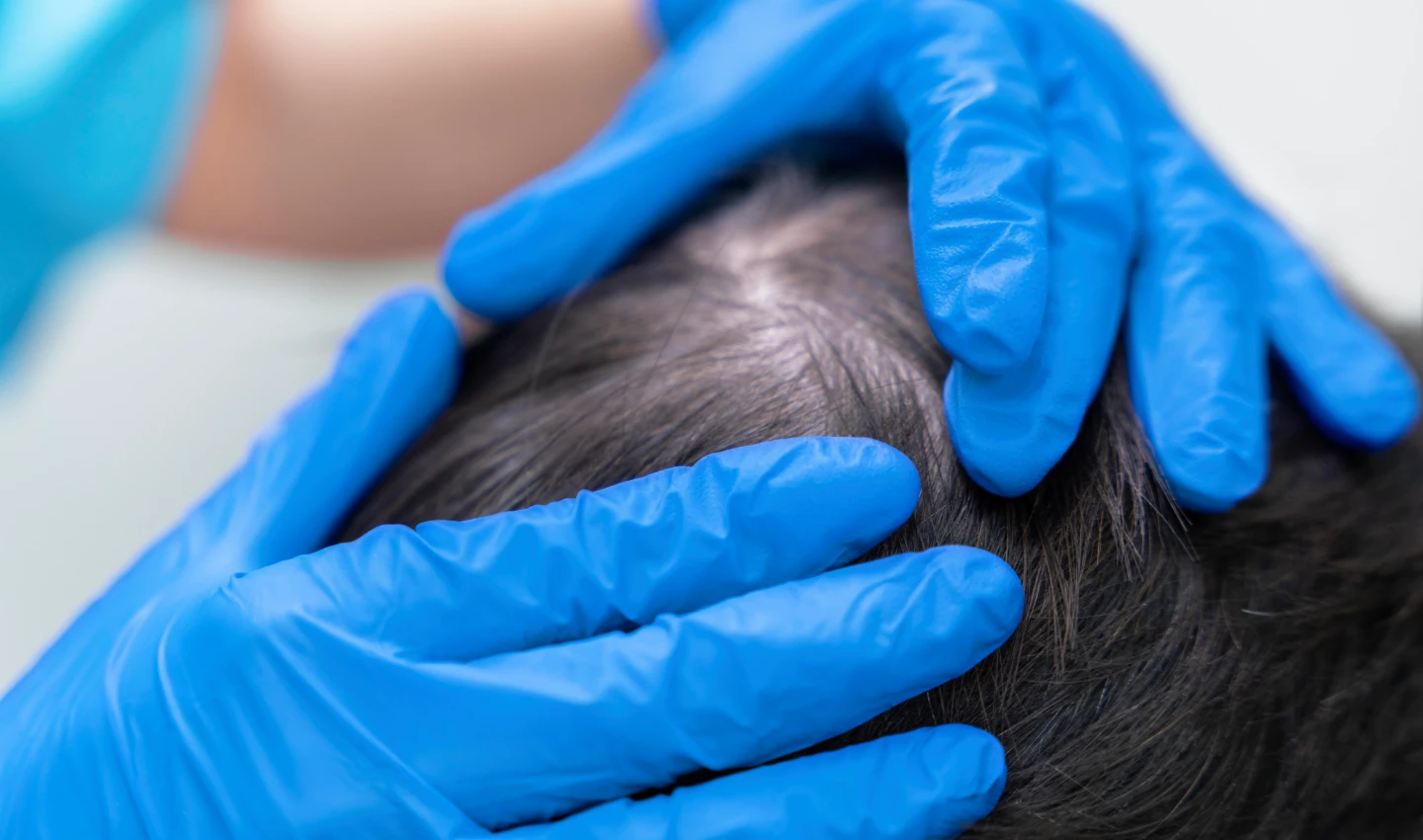The Benefits of Regulated Hair Restoration:
Proper regulation of hair restoration procedures has many benefits for patients. It ensures that only qualified professionals with the necessary training and experience perform the procedures. This reduces the risk of complications and ensures that patients receive the best possible care.
Regulation also promotes transparency in the industry. Patients can be confident that they are receiving accurate information about the procedure, including the risks and benefits, and that their rights as patients are protected.
Ethical Considerations in Hair Restoration:
In addition to ensuring safety and professionalism, regulation also promotes ethical considerations in hair restoration procedures. This includes obtaining informed consent from patients before performing any procedures, upholding patient confidentiality, and providing patients with accurate information about the procedure and its potential outcomes.
Ethical considerations also extend to the use of donor hair in hair restoration procedures. Hair restoration clinics should ensure that all donor hair is obtained ethically and legally, without exploiting vulnerable individuals. This includes obtaining consent from donors, ensuring that they understand the risks and benefits of the procedure, and compensating them fairly for their contributions.
Hair restoration procedures can be a life-changing solution for those suffering from hair loss. However, it is essential that these procedures are performed safely, professionally, and ethically. Proper regulation of the industry ensures that patients receive the best possible care and protection, and that ethical standards are upheld throughout the process.
As a potential patient seeking hair restoration, it is important to do your research and choose a clinic that is reputable and regulated. By choosing a clinic that values safety, professionalism, and ethics, you can feel confident that you are receiving the best possible care and outcomes. So, always look for proper hair restoration regulation when considering getting a hair transplant.














